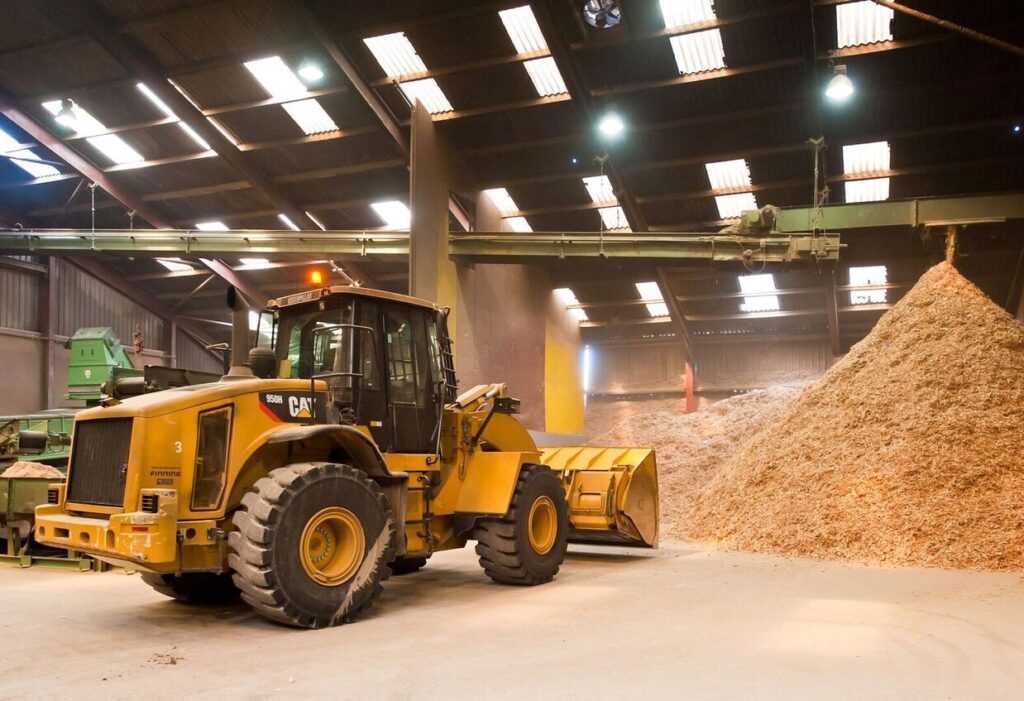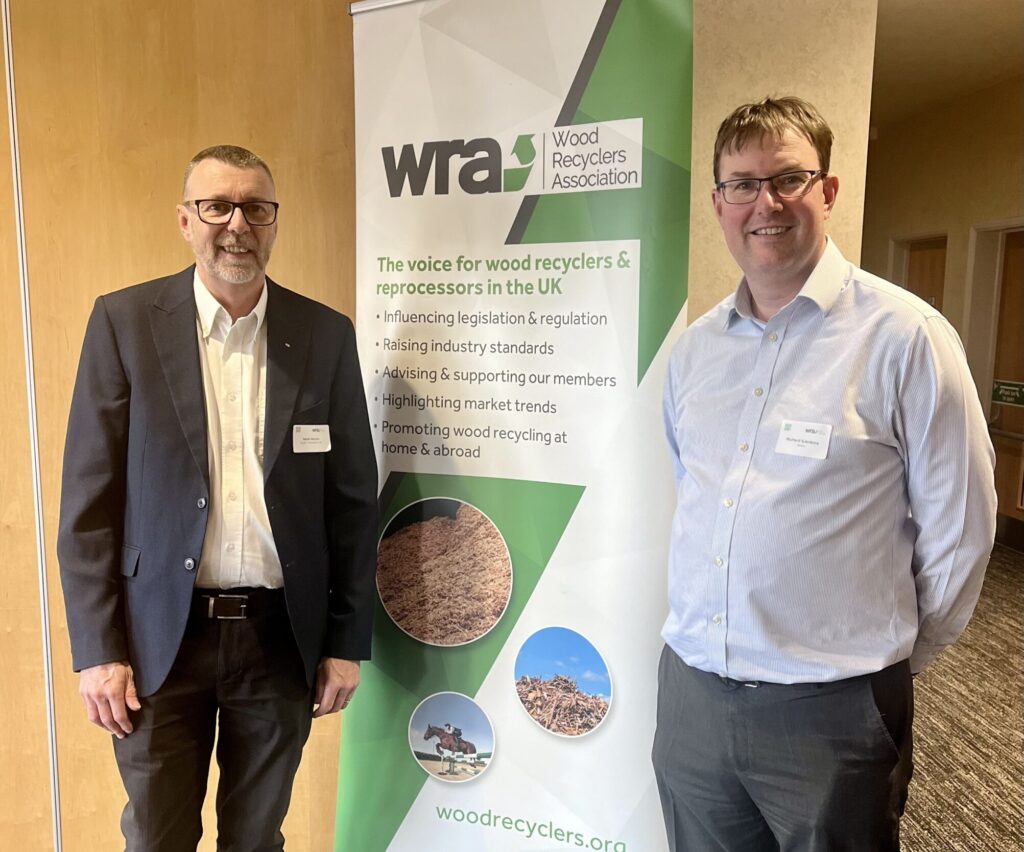The Federation, which represents the chipboard manufacturers that use about 90% of UK recycled wood in their products, warned that “a significant part of a British industry sector could be driven out of business within five years if a controversial strand of the government’s renewable energy policy is pushed through”.
In an era when the UK’s manufacturing industry is at its lowest ebb, the WPIF said the wood panelling industry, employing more than 2,500 people, remains “viable but threatened”.
Alastair Kerr, WPIF director general said: “Beyond these jobs are several thousand employees within the supplier companies who rely on the panel manufacturing industry. Without the wood panel manufacturers the UK’s sawmilling and wood recycling industries would collapse, so Mr Timms' Department clearly has some thinking to do.”
The Renewables Obligation, part of the government's Kyoto Summit commitments to lowering UK carbon dioxide emissions, requires electricity generators in this country to ensure that at least 10% of their power is generated from renewable sources by 2010.
Supplies
Meeting with Mr Timms in Westminster, the WPIF revealed concerns that a subsidy being paid to electricity suppliers in the form of Renewable Obligation Certificates encourages them to switch to using virgin or recycled wood as fuel. Using wood for these “biomass” power stations or co-power stations would threaten supplies of the material for the chipboard manufacturing process, the Federation said.
Mr Kerr, warned: “The subsidy will undoubtedly hand control of the market to the energy companies, driving up the price of biomass, and a price rise of only a few pounds would seriously impact on the competitiveness of the wood panel manufacturers, threatening their viability.”
The Federation believes that in using biomass, wood would become the preferred fuel for power companies because it is relatively abundant and requires relatively little preparation before use as a fuel. Instead, the WPIF said government subsidies should encourage the use of energy crops and other renewable non-fossil fuel sources such as wind, wave or geothermal energy.
Destroyed
“The wood panel manufacturing industry is already environmentally efficient and should not be destroyed by the loss of its fundamental raw material to subsidised power stations,” Mr Kerr said. “My members are united in their opposition to the Renewables Obligation in its current format because if it is adopted their businesses could be unsustainable in the UK within five years. That is not doom mongering, it is simple economic fact.”
Mr Kerr said there is capacity at the moment to use more recycled wood in the chipboard manufacturing process.







Subscribe for free